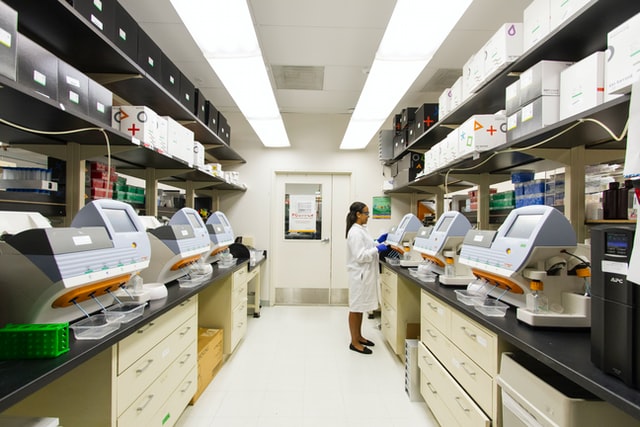Aggregated News

Powerful genome editing procedures that could prevent parents from passing on heritable diseases to their children are far from ready for clinical use, and must be proved safe and effective before nations permit them, leading scientists have warned.
In a major report on the procedure, an international commission said no human embryos that have had their DNA edited should be used to establish pregnancies until a substantial body of work shows genetic faults can be corrected precisely and reliably with no harmful consequences.
Even once these considerable hurdles have been cleared, countries should initially only consider allowing human embryo editing to prevent serious, life-shortening diseases caused by flaws in single genes, the report states.
“It came out very clearly that the science is not ready for clinical application, in fact far from it,” Richard Lifton, the president of Rockefeller University in New York and co-chair of the commission, told the Guardian. “There are many gaps that need to be addressed before we believe it would be reasonable to go forward with any clinical effort.”
Genome editing has been hailed as...



